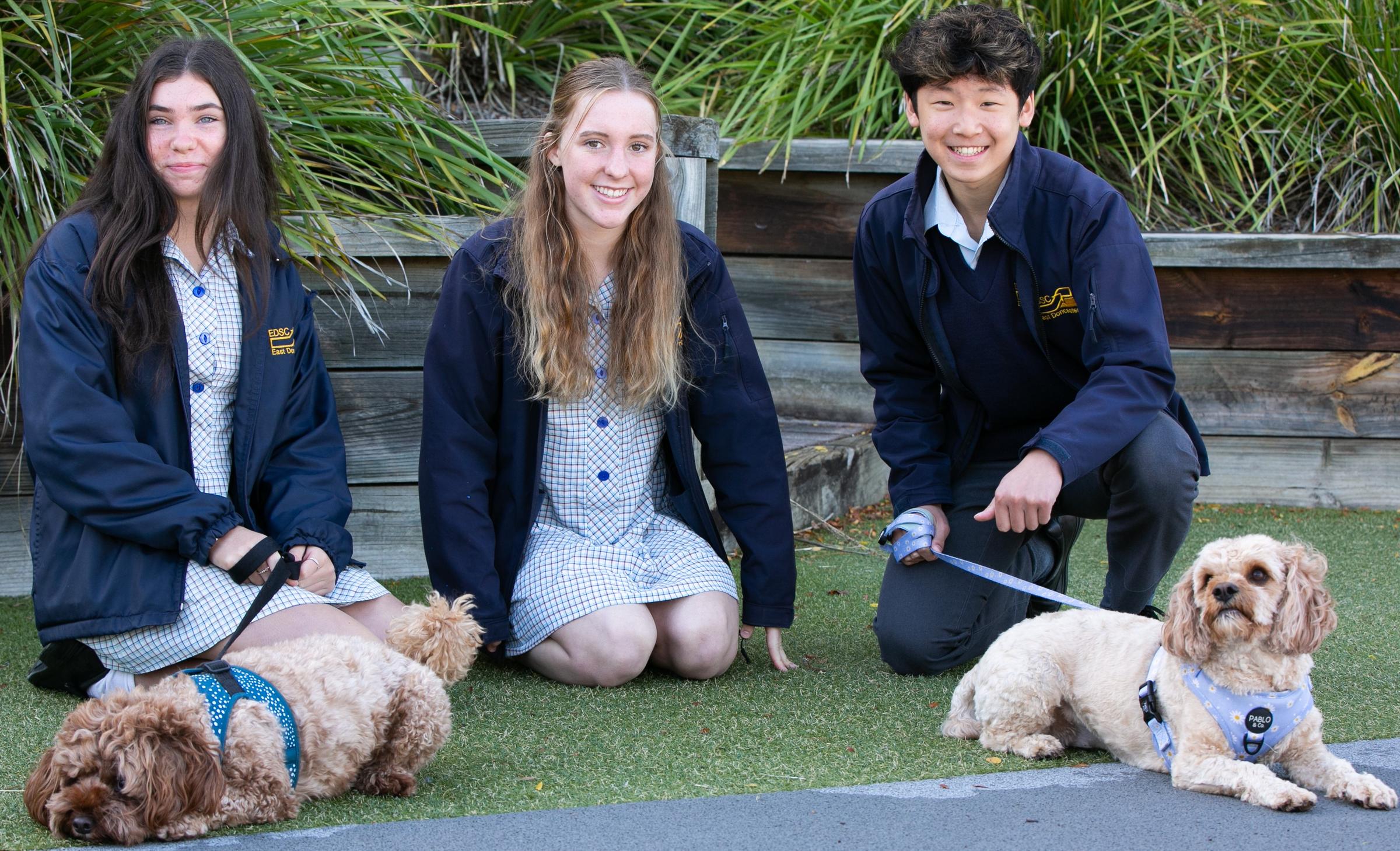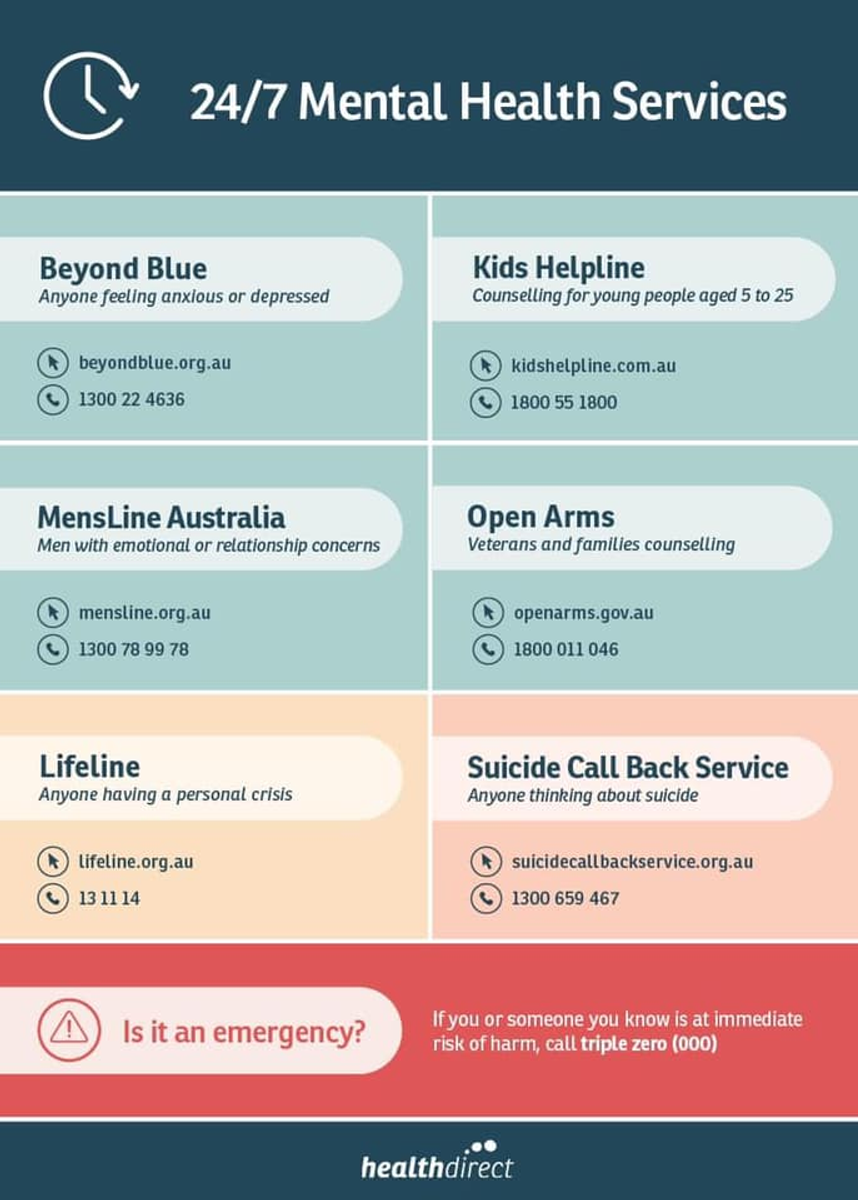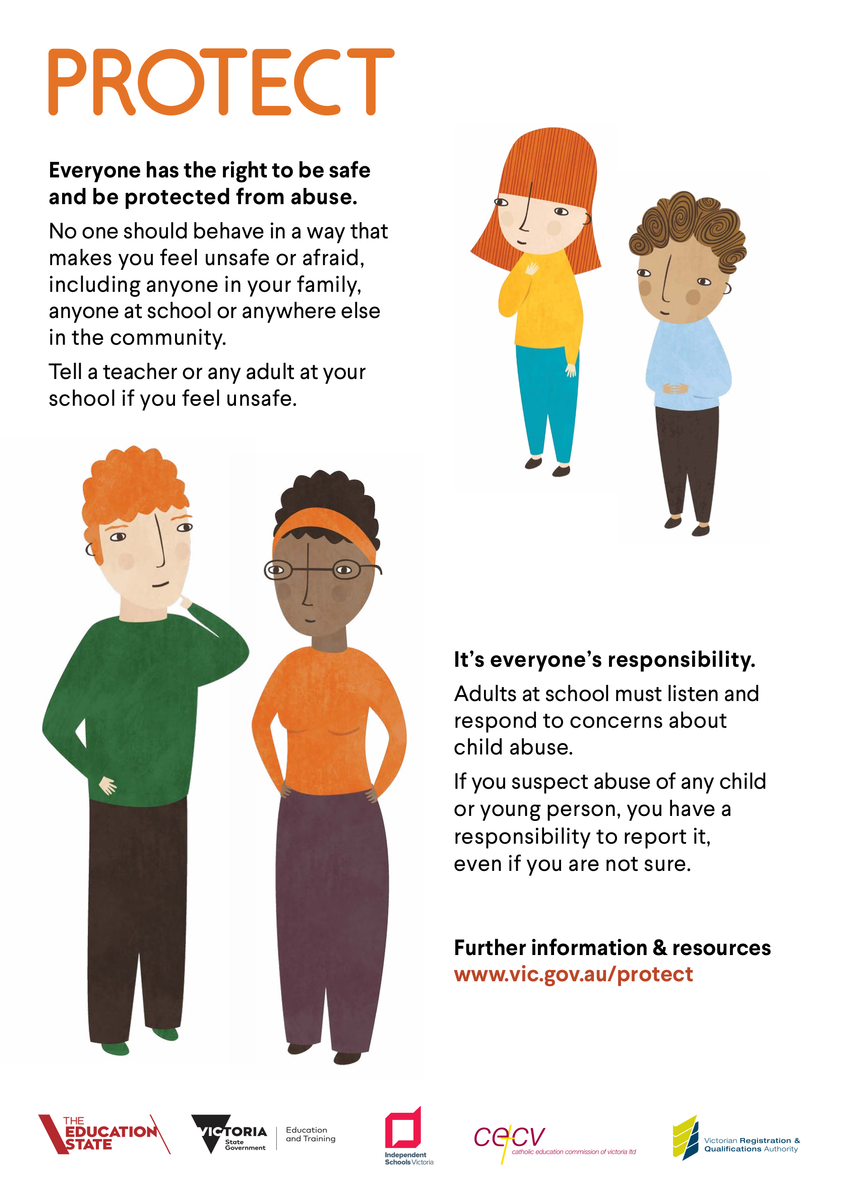Student Wellbeing News

Embracing Wellness: A Warm Welcome
Welcome back to another exciting school year! As we embark on the journey that is 2024, it's with great enthusiasm that we extend a warm welcome to each and every one of our students. We hope your summer was filled with joy, relaxation, and the rejuvenation needed to tackle the exciting challenges and opportunities that lie ahead.
In the hustle and bustle of academic pursuits, extracurricular activities, and personal growth, it's crucial to pause and reflect on the state of our mental, emotional, and physical health. At EDSC, we believe that a holistic approach to education includes fostering a positive and supportive environment for all.
Mind Matters:
Your mental health is of utmost importance. As we resume our academic endeavours, let's make a collective commitment to destigmatising discussions surrounding mental health. Reach out to friends, teachers, or the Wellbeing Team if you ever need support. Remember, it's okay not to be okay; seeking help is a sign of strength.
Balancing Act:
High school can be demanding, but it's crucial to strike a balance between academic pursuits and personal life. Effective time management, regular breaks, and maintaining a healthy sleep routine contribute to overall wellbeing. We are here to guide you, so don't hesitate to seek advice on managing your workload effectively.
Wellness Beyond the Classroom:
Extracurricular activities provide not only a break from the academic routine but also opportunities for personal growth and social connection. Whether it's joining a club, participating in sports, or exploring artistic pursuits, find activities that bring you joy and fulfilment.
Connection Counts:
Building and maintaining positive relationships is a cornerstone of wellbeing. Connect with your peers, teachers, and staff. Engage in open and respectful communication, fostering an atmosphere of understanding and support. Remember, we are a community that thrives when we uplift and support one another.
Digital Detox:
In a world dominated by technology, it's essential to be mindful of screen time. Take breaks from devices, spend time outdoors, and engage in activities that don't involve screens. Creating a healthy relationship with technology contributes to better mental and physical health.
As we step into the new school year, let's collectively prioritise our wellbeing. Together, we can create an environment that fosters personal growth, resilience, and a sense of belonging. Here's to a fantastic year filled with learning, laughter, and the pursuit of wellbeing.
Wishing you all a successful and fulfilling 2024!
Amal Saleh-Zada
Director of Wellbeing
Breakfast Club is Back!
We are excited to announce that our Breakfast Club is back on Monday 12 February! The Wellbeing Team believes that offering high school students a Breakfast Club can significantly promote physical health, mental wellbeing, academic success, and a positive school culture.
The Breakfast Club will take place every Monday from 8:15 am to 8:45 am at the Wellbeing Hub.
All students are welcome to join us for free healthy breakfast options. A group of community volunteers will run the Breakfast Club, and we kindly ask that you show respect and appreciation for their time and effort.
When: Every Monday (starting 12 February)
Where: Wellbeing Hub
Who: All students are welcome
Time: 8:15 am – 8:45 am
Cost: Free
We hope to see you there and look forward to a great time!
Amal Saleh-Zada
Director of Wellbeing
Request for Uniform Donations
The Wellbeing Team provide second-hand uniforms for students in need. We are asking for uniform items, in good condition to be donated to the Wellbeing Team. Specifically, we are looking for dresses, shirts, pants, jackets and any sports uniform in larger sizes.
If you require uniforms for your child, please contact the Wellbeing Team for support.
Maddie Sill
Mental Health Practitioner
Cybersafety and Responsible Use of Digital Technologies
The following resources are available to parents and carers to assist them with guiding their children with the use of digital technology in a safe and responsible way. Parents and carers are their child's first role model when it comes to online behaviour. Please find information to assist parents and carers when dealing with Cybersafety issues:
https://www.esafety.gov.au/parents
https://www.education.vic.gov.au/parents/services-for-parents/Pages/parentline.aspx
https://www.esafety.gov.au/about-us/counselling-support-services
The following fact sheet may assist in encouraging the safe and respectful use of social media and to provide tips to parents for being a positive role model: https://www.education.vic.gov.au/Documents/about/programs/bullystoppers/parentsocialmediaschoolcommunity.pdf
If parents/carers have any questions regarding Cybersafety or Digital Learnings in Schools and our Mobile Phone Policy, please contact Reception.
Cameron Campbell
Assistant Principal
Food & Financial Support
As we are all aware, the cost of living is increasing. We realise that this might be causing some distress to members of the EDSC community. If you are experiencing financial difficulties or food insecurity please look at the website www.askizzy.org.au. This website can help you locate services for food, money, clothing, health & housing in your area.
The College is able to provide a range of food to families within the community. Foodbank Victoria provide EDSC fresh fruit, cereals, milk, different types of ready meals, fruit cups and messy monkey snacks. If you and your family are experiencing food insecurity, please contact the school to arrange a food collection. For a confidential conversation, please call Maddie Sill on 9842-2244.
Please also note that if your child forgets their lunch they can come to the Wellbeing Hub to access the pantry.
Wellbeing Team
Wellbeing Staff
For more information about Wellbeing at the College, please visit the following link ..
Child Safety Standards
East Doncaster Secondary College is committed to the safety and wellbeing of all children and young people. This will be the primary focus of our care and decision making.
East Doncaster Secondary College has zero tolerance for child abuse.
East Doncaster Secondary College is committed to providing a child safe environment where children and young people are safe and feel safe, and their voices are heard about decisions that affect their lives. Particular attention will be paid to the cultural safety of Aboriginal children and children from culturally and/or linguistically diverse backgrounds, as well as the safety of children with a disability.
Every person involved in East Doncaster Secondary College has a responsibility to understand the important and specific role he/she plays individually and collectively to ensure that the wellbeing and safety of all children and young people is at the forefront of all they do and every decision they make.
In our planning, decision making and operations, all personnel at East Doncaster Secondary College will:
- Take a preventative, proactive and participatory approach to child safety;
- Value and empower children to participate in decisions which affect their lives;
- Foster a culture of openness that supports all persons to safely disclose risks of harm to children
- Respect diversity in cultures and child rearing practices while keeping child safety paramount;
- Provide written guidance on appropriate conduct and behaviour towards children;
- Engage only the most suitable people to work with children and have high quality staff and volunteer supervision and professional development;
- Ensure children know who to talk with if they are worried or are feeling unsafe, and that they are comfortable and encouraged to raise such issues;
- Report suspected abuse, neglect or mistreatment promptly to the appropriate authorities;
- Share information appropriately and lawfully with other organisations where the safety and wellbeing of children is at risk; and
- Value the input of and communicate regularly with families and carers.








